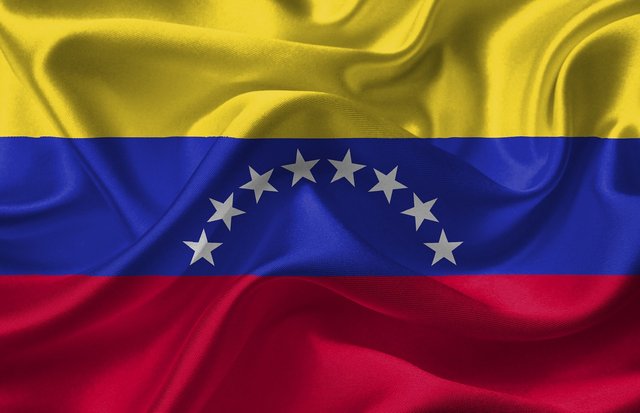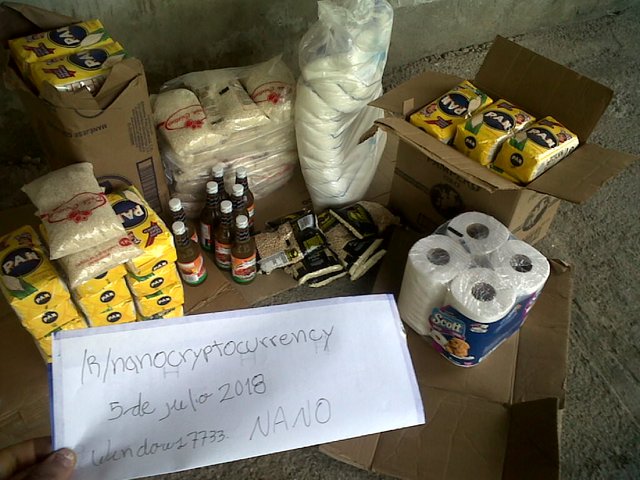Venezuela President Announces Petro As Second National Currency

Nicolás Maduro, the president of Venezuela has declared that the Petro currency is now officially the nation’s second accepted national currency. According to reports by ABC News, the oil-backed cryptocurrency will be used as a form of legal tender and a unit of account in the South American nation.
The announcement was made by Maduro in a television address, where he revealed that the state-owned oil company PDVSA will be the first company to use Petro as a unit of account. Furthermore, the government is also planning to roll out a new salary system as well as a pricing structure for goods and services that is pegged to the Petro. Below is a quote from Maduro’s address, as reported by ABC News.
“As of next Monday, Venezuela will have a second accounting unit based on the price, the value of the Petro. It will be a second accounting unit of the Republic and will begin operations as a mandatory accounting unit of our PDVSA oil industry.”Maduro seems fairly hopeful about the Petro currency, claiming that its implementation “will mean a substantial improvement in the income of the workers" and will help "the maximum retail price to reappear."
What is the Venezuela Petro?
Petro is the first digital currency to be issued by a federal government. It was first unveiled by Maduro earlier this year as an attempt to to pull the country out of an economic tailspin by allowing the ailing OPEC member to skirt U.S. sanctions as the Bolivar currency plunges to record lows. Sanctions levied last year by Washington had blocked U.S. banks and investors from acquiring any newly-issued Venezuelan debt, effectively preventing the nation from borrowing abroad to bring in new hard currency or refinance existing debt.As a result, hyperinflation swept the entire nation as the Bolivar became next to worthless. To put this into perspective, a Venezuelan Reddit user was able to buy 102 kg worth of food - including cornmeal, meat rice, sugar and beans - to feed his local community, thanks to a 29 NANO donation from fellow Reddit users. With NANO valued at just $2.41, this may not seem much, but due to Venezuela’s staggering hyperinflation the donation was worth more than a monthly salary.
[caption id="attachment_36395" align="alignleft" width="1024"] 102 kg of food[/caption]
102 kg of food[/caption]
In fact, the Bolivar currency is so devalued that if you exchange $50 for Bolivars, you would need a backpack to carry the bricks of banknotes, as opposed to a wallet.
Therefore, when the oil-backed Petro was introduced in January as a form of legal tender that can be used to pay taxes, fees, and other public needs, it was met with massive success - within 24 hours of the start of its pre-sale, the pre-mined cryptocurrency raised over $735 million. On the same day, the Venezuelan government released the white paper and buyers’ manual on its website. Although it is expected that more than 100 million Petros will be released, only 82.4 million of them will be distributed initially. According to the government’s website, the Petro’s price will depend on the price of a barrel of Venezuelan oil from the previous day.
Moving On: Petro VS Bolivar
In about five days from now, on August 20, Venezuela will have two national currencies - the Petro and the Bolivar, with the latter being indexed to the former. In an attempt to quell the devastating hyperinflation, the sovereign Bolivar will shed 5 zeros off the current currency - the Bolivar Fuerte - in what is being called a monetary reconversion.
[caption id="attachment_36398" align="alignleft" width="640"] An abandoned oil barrel[/caption]
An abandoned oil barrel[/caption]
According to the Central Bank of Venezuela (BCV), the legislation will “begin to publish the official figures of the value of the sovereign Bolivar according to the Petro and the value of the Petro according to international currencies." In other words, the value of the Bolivar will depend on the value of the Petro, and in turn, the value of the Petro will be determined by the price of a barrel of Venezuelan oil from the previous day. Maduro also disclosed that the BCV, as well as a few private banks, have already received the revamped banknotes.
According to Petro’s whitepaper, the digital currency complies to the Venezuelan legislation and can also be converted into foreign currencies such as the U.S. dollar without much hassle. This will help boost Venezuela’s prospects in export trading, and help the struggling South American nation get out of the pot of boiling water that they are currently swimming in.
Follow us on Twitter, Facebook, Steemit, and join our Telegram channel for the latest blockchain and cryptocurrency news.